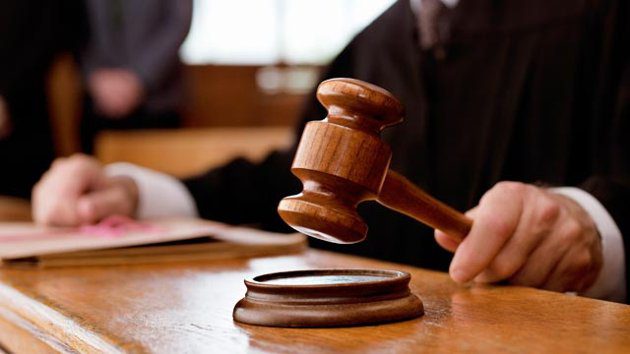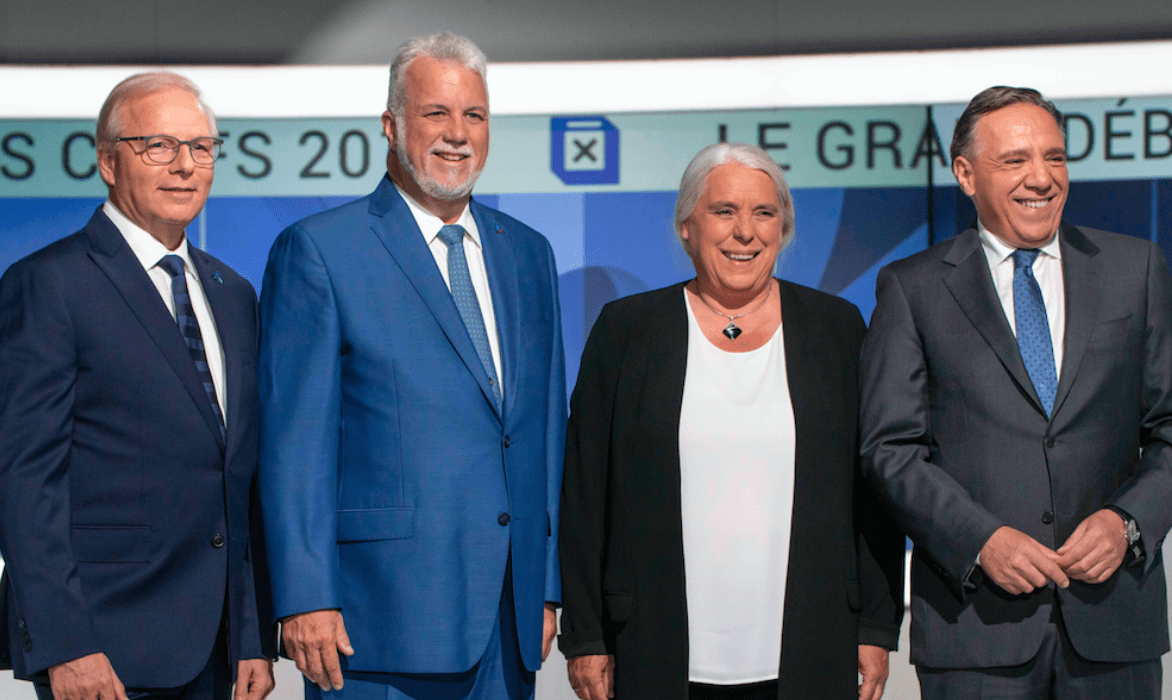It is more than a little strange to want to shrink Toronto City Council at all, let alone in the middle of an election. But when it comes to the rights of citizens, the big issue here is whether our votes matter in public policy. And we don't elect judges.
I'm not saying we don't need judges, of course, or only need them to settle civil suits and criminal cases. I'm all for judges striking down laws and executive actions that infringe our constitutional rights. But our constitutional rights include, and must include, the right to determine how we shall be governed. Our constitution falls somewhat short in this regard, and nowhere more than on the vexed question of who shall guard the guardians.
It has been understood in the English-speaking world for at least a thousand years that no human being is perfect and may be entrusted with absolute power. It is the point, badly mangled in recent years, of the real story of Canute, and the basis of the British constitutional system with its checks and balances and separation of powers.
Yes, British. As I have argued in my documentaries and elsewhere, the Americans in 1787 were not creating a new constitutional order nor trying to. They were seeking to give more robust and elegant institutional form to a British legacy of liberty they believed was under siege by the Hanoverian monarchs. And to give it more robust theoretical form in the Federalist Papers one of whose wisest observations was James Madison's Federalist #51: "ambition must be made to counteract ambition." Thus the various branches must check one another since none could be trusted to check itself. Not even the legislative, as the French Revolution gruesomely proved.
It might all seem a bit cosmic in context of a strange ruling that to redistrict Toronto City Council during an election violated freedom of speech. But the ruling prompted a pledge by Premier Doug Ford to invoke the Notwithstanding Clause which, in turn, gave all kinds of people the vapours. What these fainting blossoms failed to address was, if a judge does overstep their own constitutional bounds, what exactly is it we are meant to do? Why would the provincial NDP howl that "Our democracy is under attack, and our basic rights are being curtailed" yet have nothing to say about judges using not the comparatively feeble Notwithstanding Clause but the mighty Section 1 loophole to discard any rights they find unseemly impediments to the smooth evolution of our society toward a progressive utopia.
For the record, Section 1 says "The Canadian Charter of Rights and Freedoms guarantees the rights and freedoms set out in it subject only to such reasonable limits prescribed by law as can be demonstrably justified in a free and democratic society." And it is judges who decide what constitutes demonstrable justification and no one can do anything about such decisions. The Supreme Court invokes Section 1 regularly to uphold laws and acts it cheerfully agrees violate fundamental rights and almost nobody says boo.
We hear little nowadays of the divine right of kings, though the Chinese politburo acts as if they adhered to a version with neither king nor God. But a surprising number of people in this country have transferred its doctrines over intact to the judiciary.
I actually oppose shrinking Toronto City Council on policy grounds. I prefer large legislatures to small ones because they are far harder for the executive to dominate at trivial extra cost. I also think municipal amalgamation a foolish venture in pseudo-conservatism. But foolish does not mean unconstitutional.
If the constitution guaranteed Toronto 47 councillors and Doug Ford decreed, or the Ontario legislature voted, to cut it to 25, it would be entirely proper for a judge to declare the order-in-council or law unconstitutional. If the Ontario legislature said Toronto would be run by the Pope, or Planned Parenthood, I could sympathize with a judge declaring it a breach of the Section 3 Charter right to elect "members of the House of Commons or of a legislative assembly", even if city councillors themselves do not always seem to know whether they are a legislature or a board of directors and Section 3 could be read only to guarantee that if an election is held every citizen can vote in it. But to object to a law that, wise or not, is plainly within the authority of a provincial legislature whose members citizens may vote out in the next election is to substitute the judiciary for the legislative in ways that undermine the fundamental structure of parliamentary self-government.
Nor is it an isolated example. We increasingly look to judges to take the whole task of government upon themselves, including Greenpeace suing to stop the Ontario Tories from cancelling cap-and-trade. There is a feeling that judges are not fallible like premiers and prime ministers or MPs and MPPs, and that they not only may usurp the functions of the other branches but that they ought to do so.
In this respect it is important not to fall into the habit of saying Doug Ford shrank city council or scrapped an environmental program. As the premier, Ford is head of the Executive Council, formally charged with advising the Lieutenant Governor on how to exercise the executive functions of the Ontario Crown but for all practical purposes today with exercising them itself.
The executive functions. Not the legislative functions. Those are exercised by the MPPs we elect, and if in fact they divide almost exclusively on partisan lines and Tory MPPs invariably back a Tory premier, it is also a fact that at any moment legislators might react to abuse of power by a premier by voting against his or her programme or, more probably, meeting behind closed doors to say unless you resign we will defeat you.
The ability of those we elect to check the executive branch remains intact even between elections and, of course, every election we can change the partisan balance of the legislature in such a way that the incumbent premier is removed. But what about judges? What do those who swoon at the very mention of the Notwithstanding Clause wish us to do if they overstep their bounds and abuse their authority, less for personal gain than in pursuit of a policy agenda of whose excellence they are as firmly convinced as of their own.
If the answer is nothing, we understand that they are not friends of self-government. Otherwise, stop whining about the Notwithstanding Clause long enough to suggest a feasible alternative to abject surrender.








